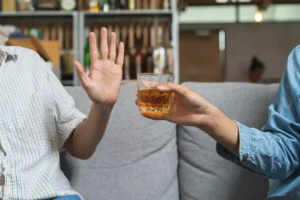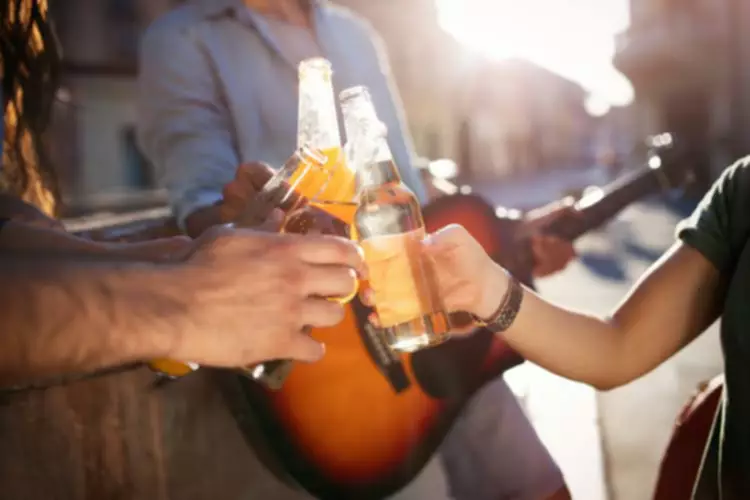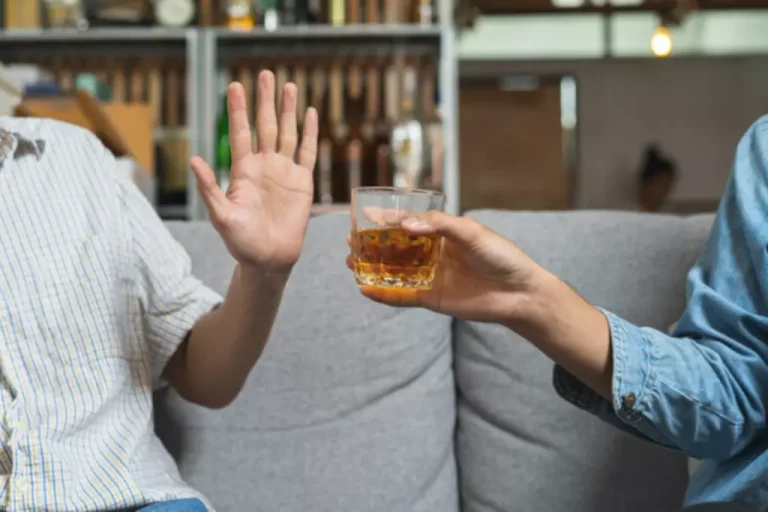
Don’t forget the importance of closing activities for group therapy sessions, which help consolidate learning and foster a sense of completion. And in our increasingly digital world, virtual group therapy activities are becoming more prevalent, offering support and connection even when in-person meetings aren’t possible. For treatment providers and recovery program facilitators, implementing these activities can dramatically enhance the effectiveness of their programs. They create engaging, interactive experiences that complement traditional therapy and support group models, providing a well-rounded approach to recovery. Creating a personalized relapse prevention plan brings all these elements together.
Top 13 Experiential Activities for Group Therapy for Addiction Recovery

One effective technique is “Reflective Listening,” where participants practice repeating back what they’ve heard in their own words. It’s not just about parroting – it’s about truly understanding and validating the speaker’s experience. This skill is invaluable both in group settings and in participants’ personal relationships. The term “support group” can be defined as a recovery modality designed to foster a sense of community among peers during and after drug and alcohol rehab. And support groups are able to assist in the treatment of both mental health and substance use disorders.
- These activities help participants feel more comfortable, allowing them to engage more fully and build trust with one another.
- Participants are encouraged to focus on the sensations of walking – the feeling of their feet touching the ground, the rhythm of their breath, the movement of their bodies.
- This topic encourages members to create affirmations that support their recovery and share them with the group to inspire and uplift each other.
Music Therapy for Addiction
- Finding ways in which to grow as a person can be a big part of that.
- For example, you may have to apologize to loved ones you have hurt, establish clear boundaries in your relationships, and cut ties with people who still use drugs.
- Although the exercises mentioned earlier can be conducted for adolescents, here is a list of fun and engaging CBT group activities for youth.
- The key here is to ensure that the participants feel at ease and are encouraged through their energetic involvement in various activities.
Managing anger healthily supports emotional stability and sobriety. Low self-esteem can pose challenges in recovery, often contributing to negative behaviors. In this topic, members explore their own value and build self-worth as part of their recovery process. Recognizing one’s worth can foster resilience and encourage positive change. By incorporating these topics into group therapy sessions, participants can develop a comprehensive toolkit for recovery, supported by the camaraderie and shared experiences of their peers.

Must-Have Substance Abuse Group Topics For Discussions
Scenarios might include being offered drugs at a party, dealing with a stressful work situation, or navigating a conflict with a family member. These exercises help build confidence and competence in handling real-world challenges. This activity helps members recognize and label their emotions, providing a foundation for healthy coping strategies. Members discuss ways to handle difficult feelings without relying on substances. Art therapy provides a creative outlet for self-expression and can be a meaningful way for individuals in recovery to explore their emotions and experiences.
- Most addiction treatment centers, from smaller outpatient facilities to comprehensive centers with residential options, offer some form of group therapy or peer support.
- Group activities can create a sense of community, build teamwork, and help with personal growth.
- Use a sober weekend to try a new hobby like painting, cooking, or playing a musical instrument.
- Add your city or region to search times to find out what’s happening near you.
- With that in mind, we’ve put together a list of ten great sober activities to fill your time and expand your horizons as you walk the path to recovery.
- Role-playing scenarios allow individuals to rehearse responses to triggering situations in a supportive environment.
Cymbalta Ruined My Life—What Do I Do?
Lock fun group activities for adults in recovery and key activities can be fun to break the ice and allow peers to connect and share their experiences. And for the theatrically inclined, drama therapy provides a stage for practicing coping skills. Role-playing scenarios allow individuals to rehearse responses to triggering situations in a supportive environment. It’s like a dress rehearsal for real-life challenges – minus the actual stress.
- Working with clay or other sculpting materials allows participants to create three-dimensional representations of their emotions, experiences, or hopes for the future.
- In reality, addiction is grueling—and recovery can be filled with fun and enjoyment.
- Role-playing difficult situations with peer feedback takes practice to a whole new level.
- This activity can help individuals release tension, overcome body-related anxieties, and feel more grounded in their physical presence.
- It teaches communication, problem-solving, and the importance of working together – all while getting people out of their comfort zones.
Body scan exercises are another powerful tool in the mindfulness toolkit. Participants are guided to focus their attention on different parts of their body, noticing sensations without judgment. This practice can help individuals reconnect with their physical selves, something that’s often neglected during active addiction. It’s also a great way to identify and release tension, promoting physical and emotional relaxation. Guided imagery is a relaxation-focused experiential exercise for group therapy that helps participants visualize positive outcomes or safe spaces. A facilitator leads the group through a calming meditation, prompting them to imagine a place of peace or success in their recovery.

This activity can bring clarity, reinforce personal resolve, and foster understanding with those who matter most. Journaling provides a safe outlet for self-reflection and emotional processing. Provide journal prompts to help members explore their thoughts and feelings, enhancing their self-awareness and offering a therapeutic space for introspection. In this session, members learn to treat themselves with kindness, focusing on forgiving their mistakes and building self-acceptance to maintain a supportive, constructive mindset. Visualization is a powerful tool for building confidence and motivation. Guide members through a visualization exercise where they imagine themselves succeeding in recovery, reinforcing a positive outlook and boosting self-belief.

Just be careful to find a league that is more about sports and isn’t just an excuse to get together and drink. American Addiction Centers (AAC) is committed to delivering original, truthful, accurate, unbiased, and medically current information. We strive to create content that is clear, concise, and easy to understand. You, nor your loved one, are under any obligation to commit to a Treatment X treatment program when calling the helpline. This can be done using a diffuser, or people can be offered a selection of different oils to find one that appeals to them to dab on their wrists.